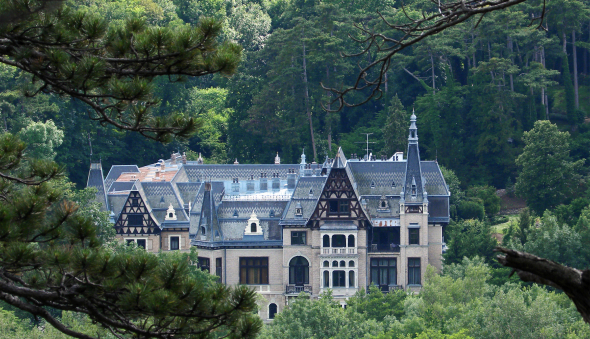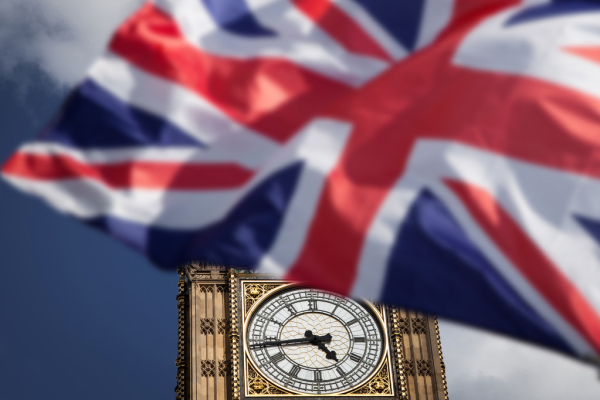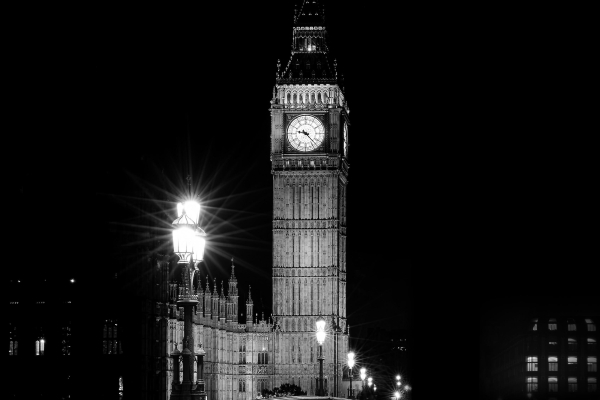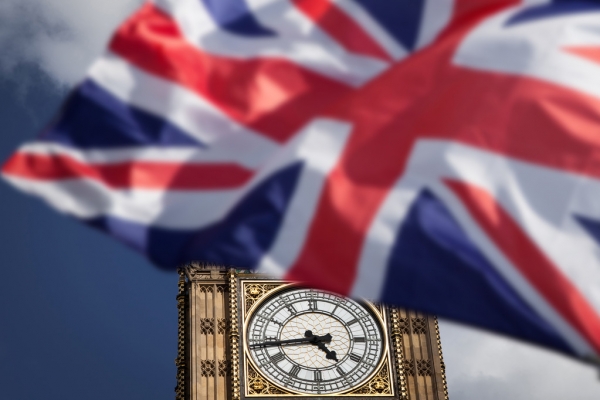England
General information

Geography and climate
The country is located in the British Isles and occupies the island of Great Britain, the northeastern part of the island of Ireland and many small islands and archipelagos in the Atlantic Ocean. Great Britain is washed by the Celtic, Hebrides, North and Irish seas.
Great Britain consists of four "historical countries": England, Scotland, Wales and Northern Ireland. England occupies more than half of the area of Great Britain, Scotland - a little less than a third, Wales - about 21 thousand km², and Northern Ireland - only about 14 thousand km². Northern Ireland borders the Republic of Ireland - this is the country's only land border.
The climate in the UK is temperate oceanic, with high rainfall. The eastern part of the country is less windy and rainy, unlike the western part, where the Atlantic Ocean brings windy and cold weather. The average temperature in January is between +3°C and +7°C.
The average temperature in July is from +11°C to +17°C.Most often it rains from September to January, fogs are a frequent occurrence. Northern England and Scotland are distinguished by mountainous terrain, the north-west of England is famous for its numerous lakes, as well as Scotland and Northern Ireland. Nine percent of the country's territory is covered by forests.
Economy and infrastructure
Great Britain is a highly developed country from an economic point of view. The state has the sixth largest economy in the world and the second in Europe. The key sector of the economy is the service sector (accounting for 75% of GDP). Key financial transactions take place in London, it is one of the three influential economic centers, along with New York and Tokyo.
Industrial production, primarily the automotive industry, contributes to the economic development of the country. The aviation industry is also developed - it ranks second or third in the world - and the pharmaceutical industry. Great Britain extracts oil and gas, kaolin, rock and potash salt, as well as iron ore, tin, coal.
Getting around the UK is convenient and easy. The classic way is to use the train. The British railway, the oldest in the world, opened in 1825. The UK is ranked 17th in the world in terms of the length of railways and is considered one of the most extensive in Europe.
Since the UK is an island nation, there are many seaports in the country (about 90), which are engaged in the transport of passengers and cargo. The largest ports are in London, Liverpool, Manchester, Glasgow, Bristol, Southampton.
The length of the country's highways is almost 400 thousand kilometers, of which about 4 thousand kilometers are motorways. You can travel by car around the country quite comfortably and quickly, but you should remember that left-hand traffic operates here.
There are 28 airports in the country. There are four airports in London. The busiest airports are London Heathrow, London Gatwick and Manchester Airport.
Benefits of living in the UK
Despite the fact that the country left the European Union in 2020, the UK has a stable economic performance and shows confidence in the future. The official language is English, which makes life easier for foreigners when moving. The country has a very high level of security.
One of the secrets of British happiness is that it is important for them to maintain a balance between personal life and work. Recycling is not something that is accepted in the UK. At the same time, the average annual income of the British is quite high - more than 40 thousand euros per year.
High quality of life
In the list of countries according to the Human Development Index, the UK ranks 13th in the world ranking. A high standard of living has a positive effect on the life expectancy of citizens: in 2020, the life expectancy of an average citizen is 80.2 years.
In addition, happy people live in UK. According to the International Happiness Index (Happy planet index) - as of March 2022, the UK ranks 17th in the list of the happiest countries.
Cultural heritage
The UNESCO World Heritage List includes 31 sites located in the UK. This represents 2.7% of the total world heritage. Great Britain is famous for its amazing natural beauties, such as the coast of the Giant's Road, the Ironbridge Gorge, the St. Kilda Islands, the Lake District of England. The architecture of Great Britain keeps the amazing history of this country.
Castles of Edward I in Wales, Durham, Rochester, Warwick and other castles will take you to the era of medieval England. And of course, one cannot fail to mention the legendary Stonehenge, Westminster Abbey, the Tower of London and Big Ben. These are the very sights that form the image of Great Britain - majestic, elegant, sophisticated and a little mysterious.
Education in the UK
Higher education received in the UK is considered one of the most prestigious in the world. Local universities occupy the top lines in international rankings. So, according to the QS World University Rankings for 2021, 18 British universities entered the top 100 best universities in the world.
Despite the fact that this is not the most budget option, the cost of getting an education in the UK is significantly lower than, for example, in the USA or Canada. A year of study at a bachelor's degree costs from 11 thousand euros, at a master's degree - from 15 thousand euros. The UK ranks second in terms of the number of international students.
.
Best real estate deals Great Britain
Regions:
By sending a message, you thereby accept the user agreement and confirm that you have read and agree to the privacy policy of this website.












